We’re Laser-Focused on COVID-19 Vaccines but Vaccine Hesitancy Remains a Challenge
Written by Susan Leibtag, Compass Curator, Breakthrough ACTION
These days, we are paying close attention to COVID-19 vaccines. We await a time when vaccines are made available in plentiful supplies to all countries, and the world can really be on the road to recovery from the pandemic.
As excited as everyone is about a path out of the pandemic world we have been living in, there are many who are unsure about getting a COVID-19 vaccine, and even about receiving any vaccine.
This phenomenon is known as vaccine hesitancy and is defined by the World Health Organization (WHO) as a “delay in acceptance or refusal of vaccines despite availability of vaccination services.” Vaccine hesitancy has been reported in more than 90% of countries in the world. For example, in many areas, immunization for measles, a vaccine-preventable disease that was largely eliminated following widespread use of the measles-mumps-rubella vaccine, has decreased to less than the 95% threshold set by the WHO as a requirement for herd immunity.
This issue has loomed so large in the world of public health that, in January 2019, vaccine hesitancy was named one of the top ten threats to global health by the WHO.
WHO offers these reasons for vaccine hesitancy:
- Complacency—Low perceived risk of vaccine-preventable diseases and vaccination not deemed necessary. Other life/health issues are a greater priority
- Confidence—Low levels of trust in vaccines, in the delivery system, and in health authorities
- Convenience—Barriers related to geographic accessibility, availability, affordability, and acceptability of services
Addressing vaccine hesitancy requires, in part, social and behavior change (SBC) efforts. We need to understand the causes of the problem, create approaches to change attitudes and behaviors, and then monitor and evaluate those interventions. In short, SBC has, and will continue to, play a huge role in changing attitudes and practices towards vaccines.
In this Trending Topic, we provide a selection of research, tools, and SBC examples that help practitioners understand this issue, especially considering the availability of COVID-19 vaccines and the urgency for immunization worldwide. We invite you to add your own resources to this Trending Topic or to contact us.

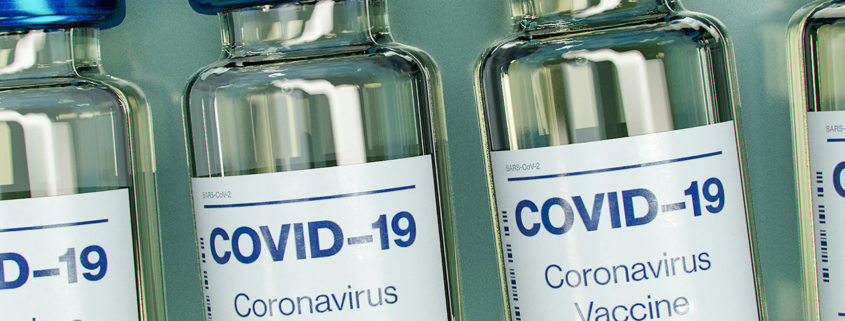 Daniel Schludi/Unsplash
Daniel Schludi/Unsplash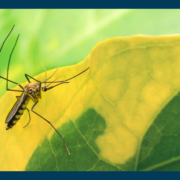 Poravute/Getty Images
Poravute/Getty Images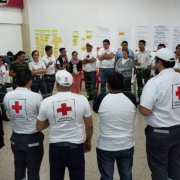 Sean Maloney/Breakthough ACTION
Sean Maloney/Breakthough ACTION Anne Ballard Sara/Breakthrough ACTION
Anne Ballard Sara/Breakthrough ACTION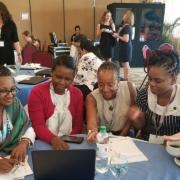 K4Health
K4Health
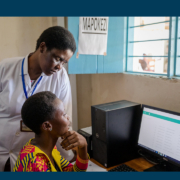 Rachel Chilton/USAID/Flickr
Rachel Chilton/USAID/Flickr